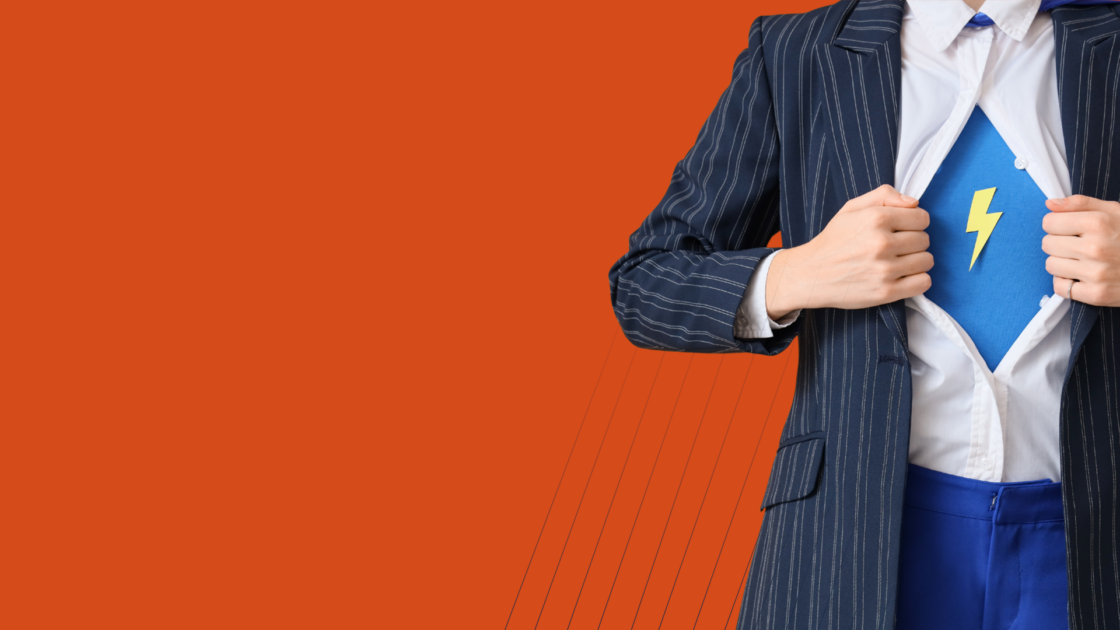From Swifties to Success: Unlocking the Power of Influencer Marketing in Today’s Digital World
From Swifties to Success: Unlocking the Power of Influencer Marketing in Today’s Digital World
If the marketing world were a song, it’d be a Taylor Swift hit—shaking off the old rules and rewriting the playbook for success. And much like a chart-topping single, influencer marketing is making waves across industries. In October, Seven Corners tested the power of cultural connection through a Taylor Swift ticket giveaway, and spoiler alert: it was a wild success. Over 700,000 entries later, our marketable database was bursting at the seams, and our social media platforms—Instagram, Facebook, and TikTok—saw a tidal wave of new followers and engagement.
But does this success belong solely in the B2C world? Absolutely not. The lessons we learned apply just as well to B2B companies looking to engage decision-makers, build credibility, and create strong emotional resonance with their audience.
So, let’s dive into the glitz, the glam, and the genuine impact of influencer marketing in today’s ever-evolving landscape—and explore how these strategies can drive results in the B2B space.
What Is Influencer Marketing?
Influencer marketing isn’t just for beauty brands or pop culture giveaways. At its core, it’s a strategic partnership between a brand and individuals with engaged followings on social media. Specifically, those who hold influence in their industry—thought leaders, subject matter experts, analysts, or niche professionals. These “influencers” promote solutions, offer insights, and validate products or services, building trust with their audience.
But here’s the catch: today’s audiences are savvy. They don’t want to be “sold” to—they want to connect. The secret sauce of influencer marketing isn’t just about numbers; it’s about authenticity. This is where we drew inspiration for our Taylor Swift campaign.
For B2B, it’s less about viral stardom and more about credibility and thought leadership. Yet, the principles remain the same: authenticity, connection, and cultural relevance.
Lessons from Taylor Swift: Applying B2C Influencer Tactics to B2B Marketing
Case in Point: The Taylor Swift Ticket Giveaway
Let’s be honest—no one influences better than Taylor Swift. Whether it’s the Eras Tour or a simple Instagram post, she’s the queen of engagement. We designed our giveaway to capitalize on cultural momentum. The result? A campaign with jaw-dropping results.
Here’s how it worked:
The Offer: We gave away two sets of tickets to her sold-out Indianapolis shows, packaging them with travel benefits. It wasn’t just a giveaway; it was an experience.
The Buzz: Through Instagram, Facebook, and TikTok, we launched posts, reels, and stories that grabbed attention like a Swiftie spotting Taylor in a cardigan.
The Results:
• 700,000+ Entries
• 26x growth in followers across social platforms
• Record-breaking engagement rates that revealed the emotional power of the Swiftie connection.
Now, here’s how these lessons apply to B2B:
1. Cultural Relevance Influencer Marketing: Lessons Learned
Is Key
Taylor Swift’s name isn’t just a name—it’s a movement. Aligning with someone culturally relevant amplifies your message tenfold. Think about your brand’s audience: who do they idolize? What trends are they following?
Works for B2B, Too
While your prospects may not be “Swifties,” they’re still part of professional communities and cultural movements. For you, this might look like:
• Partnering with influential analysts or keynote speakers at industry conferences.
• Tapping into trending conversations, like AI, sustainability, or workplace transformation.
• Aligning campaigns with cultural moments—think big industry shifts or newsworthy trends.
Example: Instead of tickets to a concert, B2B brands might offer access to exclusive content, private webinars with thought leaders, or limited-seat workshops that solve real challenges.
2. Authenticity Is Non-Negotiable
Today’s audiences can smell inauthenticity a mile away. Whether it’s a partnership with a mega-star or a micro-influencer, your campaigns need to feel genuine. We tied our giveaway to the emotions of Taylor’s fandom, tapping into a shared passion.
In B2B marketing, trust isn’t optional—it’s the currency of decision-making. Influencer marketing, whether with industry experts or micro-influencers, must feel genuine to resonate.
• Identify subject matter experts who are credible voices in your industry.
• Ensure partnerships focus on solving pain points, not just pushing a product.
• Lean into storytelling. Share success stories, client testimonials, or insights that highlight real results.
B2B Twist: Imagine an IT software company collaborating with a cybersecurity thought leader who walks through real-world threats, positioning your brand as a problem solver, not just another vendor.
3. Choose the Right Platforms
Each social platform has its own vibe. TikTok loves humor and relatability. Instagram craves visual appeal. Facebook thrives on community. Tailoring your approach for each platform is critical.
Social media isn’t just for B2C. Platforms like LinkedIn, YouTube, and Twitter are hubs for B2B decision-makers. The key is tailoring your strategy:
• LinkedIn: Thought leadership, webinars, and expert discussions.
• YouTube: Product demos, case studies, and influencer-led tutorials.
• Podcasts: Interviews with influential professionals that share insights about your audience’s values.
B2B marketers can leverage influencers to spark discussions, validate solutions, and drive leads through professional networks.
4. Track and Adapt
Data drives decisions. Our 700,000 entries didn’t just grow our marketable database—it gave us invaluable insights into our audience’s behavior. With engagement metrics as our guide, we fine-tuned subsequent campaigns to see which content or influencers drive the most engagement and leads.
• Analyzing audience insights to identify key industries, personas, and trends.
• Using this data to refine strategies for future campaigns.
Don’t Overlook the “Micro-Influencers”
While mega-stars like Taylor Swift have their place. The power often lies in niche experts—think CEOs, consultants, or respected voices within your industry. Micro-influencers may have smaller followings, but their audiences are often more engaged and bring higher levels of trust and engagement.
Example: Partner with a procurement expert to discuss the ROI of supply chain software, or engage a SaaS consultant to explore future trends in automation. These relationships help position your brand as innovative and credible.
Final Thoughts: What Taylor Swift Taught Us About Marketing
The success of our Taylor Swift campaign wasn’t just about tickets or giveaways. It was about tapping into emotion, building community, and fostering trust—elements that are equally critical in the B2B space. Influencer marketing isn’t just a strategy—it’s a relationship, a conversation, and sometimes, a love story (cue the music).
Whether you’re a small business, partnering with analysts, hosting thought leaders, or a global brand engaging niche influencers, the power of influence can help you write your own marketing symphony. Just make sure it’s in tune with your audience’s needs, aspirations, and hearts.




